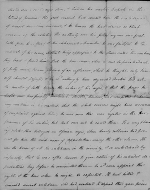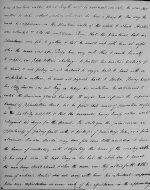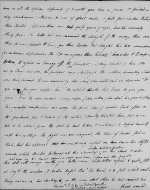Exhibit:
Preview of images
Richard Barrett (1789-1839) was a cousin of Elizabeth Barrett Browning's father, Edward Barrett Moulton Barrett. Richard Barrett was a prominent political figure for much of his life, speaking in Britain's Parliament on behalf of the Jamaican legislature on matters concerning slavery and emancipation. Though he defended the interests of the slaveholders at the time of the Slavery Abolition Act of 1833 and was himself the owner of two sugar plantations in St. James, he had a reputation for nonviolence towards the enslaved people who worked on the family's land and called for more humane practices by the masters. This reputation may have contributed to the sparing of at least two of the Barrett family's plantation houses, his own Greenwood Great House and Cinnamon Hill, owned by EBB's father, during the 1831-32 slave uprisings. Barrett shared this story of a runaway slave with the young EBB, who drew on elements of the story when writing her Byronic narrative poem, "The African."
Material sourced from The New York Public Library, Astor, Lenox and Tilden Foundations.
Transcription sourced from "Appendix," Richard Barrett's Journal: New York and Canada, 1816: Critique of the Young Nation by an Englishman Abroad (1983), ed. Thomas Brott and Philip Kelley, pp. 121-23.




